

‘Mar adentro’ by Alejandro Amenábar
- Title ‘Mar adentro’ by Alejandro Amenábar
- Author Alejandro Amenábar (director and writer), Mateo Gil (writer)
- Year 2004
- Language Spanish
- Tags Death Outside the Law Constitutional Litigation High Profile Cases
- Legislative context Criminal Code, 1995, Art 143 (Spain)
- Author of entry Jordan McCullough
Following a spinal injury, sustained from a misjudged dive into shallow water, Ramón Sampedro (played by Javier Bardem in the film) is left in a tetraplegic state. Having lived entirely dependent on his family for almost 30 years, Ramón decides that he has had enough of being trapped in his body and of relying on others for the most basic of tasks and so enlists the help of an assisted dying lobby group to raise awareness of his situation. Ramón’s case goes to court and is thrown out, without so much as the opportunity for him to address the judge. While the court case generated significant media attention – much of it supportive – it became clear that it would take much longer for the legal framework to evolve and, as such, Ramón enlists the help of a number of trusted friends to help him end his life. In a video recording of his (assisted) suicide, Ramón makes clear that this is his wish and that those who have helped him cannot – and should not – be prosecuted, as each person’s role has been so meticulously choreographed so as no individual action is illegal in itself.
Ramón Sampedro’s story was fundamental in shaping public discourse around assisted dying in Spain. Understanding assisted dying as a component of the fundamental right not to suffer, Sampedro established himself as an advocate for all those who wished to exercise autonomy over the moment of their death. Although it was not until 2021 that euthanasia was introduced in Spain, there was a marked shift in public opinion on the topic following the media attention that Sampedro’s case attracted. These public calls for a change in the law grew ever louder in the years following Sampedro’s death. The film, Mar adentro, Sampedro’s two published texts and his life story continue to be referenced in public discourse around assisted suicide and euthanasia in Spain and beyond, and featured consistently in the debates that surrounded the introduction of the 2021 euthanasia law in the country.
Suggested citation
-
Mar adentro, Assisted Lab’s Living Archive of Assisted Dying, 18 March 2024 <link>
Reviews
- Mirito Torreiro, Mar adentro, Fotogramas, 2008 → fotogramas.es
- Pablo Simon Lorda, Mar adentro: las otras orillas, El País, 2004 → elpais.com
- Diego Galán, Hermosa, excepcional, El País, 2004 → elpais.com
- Stephen Holden, A Lifetime Battle for the Right to Die, The New York Times, 2004 → nytimes.com
- Peter Travers, The Sea Inside, Rolling Stone, 2004 → rollingstone.com
Media citations
- Pablo R. Roces, 20 años del fenómeno Mar adentro: ‘Estaba convencido de que la película podría con los recelos de la eutanasia’, El Mundo, 2025 → elmundo.es
- Mónica Rozas González, Entre el mar y la tierra: la libertad en Mar adentro, El Generacional, 2025 → elgeneracionalpost.com
- Luisa Pérez and Javier Monterde, 25 años de la muerte indigna de Ramón Sampedro, RNE, 2023 → rtve.es
- Leah Padalino, The Sea Inside: When Life is an Obligation, Exploring Your Mind, 2022 → exploringyourmind.com
- Begoña Piña, ‘Mar adentro’, la película que cambió la mirada social hacia la eutanasia, Público, 2021 → publico.es
- Pedro del Corral, ¿Promueve el cine la eutanasia? La Razón, 2021 → larazon.es
- A Pobra do Caramiñal, In Spain, a victory for euthanasia campaigners, France 24, 2021 → france24.com
- Francesc Miró and José Antonio Luna, La eutanasia sigue siendo ficción: la muerte digna a través de siete películas, El Diario, 2019 → eldiario.es
- Elizabeth Nash, Lover confesses to mercy killing that inspired film, The Independent, 2005 → independent.co.uk
- The Sea Inside’s Death Debate, BBC News, 2005 → news.bbc.co.uk
- La historia detrás de Mar adentro, BBC Mundo, 2005 → news.bbc.co.uk
- Virginia Hernández, Amenábar presenta Mar adentro, un giro de 180o en su carrera, El Mundo, 2004 → elmundo.es
- Gregory Jordan, Into the Life of Man Fighting for the Right to Die, The New York Times, 2004 → nytimes.com
Interest Group citations
- Juan Manuel Calvo Mangas, The faces and laws behind the euthanasia debate in Spain, Esanum, 2021 → esanum.com
- Gonzalo Casino, ‘Film reopens euthanasia debate in Spain’, BMJ, 2004 → bmj.com
Legal and Paralegal citations
- Boletín oficial do Parlamento de Galicia, XI lexislatura, no 510, 21 June 2023 → es.parlamentodegalicia.es
- Diario de sesiones, Comisión de Justicia, Senado, XIV legislatura, no 146, 25 February 2021 → congreso.es
- Diario de sesións do Parlamento de Galicia, XI lexislatura, Serie pleno, no 29, 23 March 2021 → es.parlamentodegalicia.es
- Diario de sesiones del Congreso de los diputados, XIV legislatura, no 7, 11 Februrary 2020 → congreso.es
- Diario de sesións do Parlamento de Galicia, X lexislatura, Serie pleno, no 147, 4 February 2020 → es.parlamentodegalicia.es
- Diario de sesións do Parlamento de Galicia, X lexislatura, Serie pleno, no 146, 29 January 2020 → es.parlamentodegalicia.es
- Diario de sesións do Parlamento de Galicia, X lexislatura, Serie pleno, no 145, 28 January 2020 → es.parlamentodegalicia.es
- Boletín oficial do Parlamento de Galicia, X lexislatura, no 588, 13 January 2020 → es.parlamentodegalicia.es
- Proposición de Ley de reforma de la Ley Orgánica 10/1995, de 23 de noviembre, del Código Penal, de despenalización de la eutanasia y la ayuda al suicidio, no 125/000010, 2019, Congreso de los diputados, 20 December 2019 → congreso.es
- Boletín oficial do Parlamento de Galicia, X lexislatura, no 548, 17 October 2019 → es.parlamentodegalicia.es
- Boletín oficial do Parlamento de Galicia, VIII lexislatura, no 39, fascículo 2, 24 June 2009 → es.parlamentodegalicia.es
- Diario de sesións do Parlamento de Galicia, V lexislatura, Serie pleno, no 138, 6 March 2001 → es.parlamentodegalicia.es
- Diario de sesións do Parlamento de Galicia, V lexislatura, Serie pleno, no 37, 27 October 1998 → es.parlamentodegalicia.es
- Diario de sesións do Parlamento de Galicia, V lexislatura, Serie pleno, no 23, 12 May 1998 → es.parlamentodegalicia.es
- Boletín oficial do Parlamento de Galicia, V lexislatura, no 39, 20 February 1998 → es.parlamentodegalicia.es
Related Media
Documentary
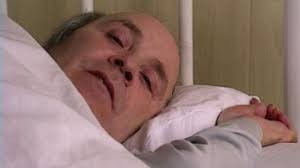
Antoni Esteve Aviles, Jaume Vilalta, Joan Sella and Marisol Castillo, Línea 900 - Eutanasia: morir para vivir (Madrid: RTVE)
Antoni Esteve Aviles, Jaume Vilalta, Joan Sella and Marisol Castillo, Línea 900 - Eutanasia: morir para vivir (Madrid: RTVE)

TV Film
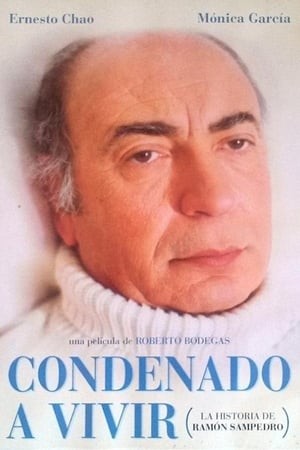
Roberto Bodegas and Javier Maqua, Condenado a vivir (Madrid: Euroficción)
Roberto Bodegas and Javier Maqua, Condenado a vivir (Madrid: Euroficción)
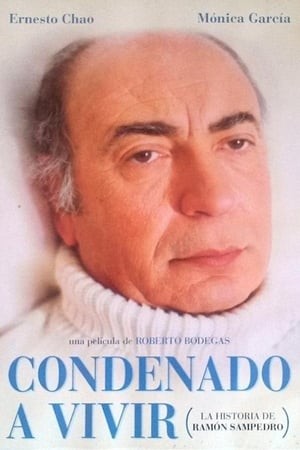
Literature

Ramón Sampedro, Cartas desde el infierno (Madrid: Planeta); Ramón Sampedro, Cuando yo caiga (Madrid: Planeta)
Ramón Sampedro, Cartas desde el infierno (Madrid: Planeta); Ramón Sampedro, Cuando yo caiga (Madrid: Planeta)
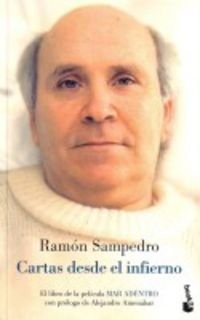
Statue
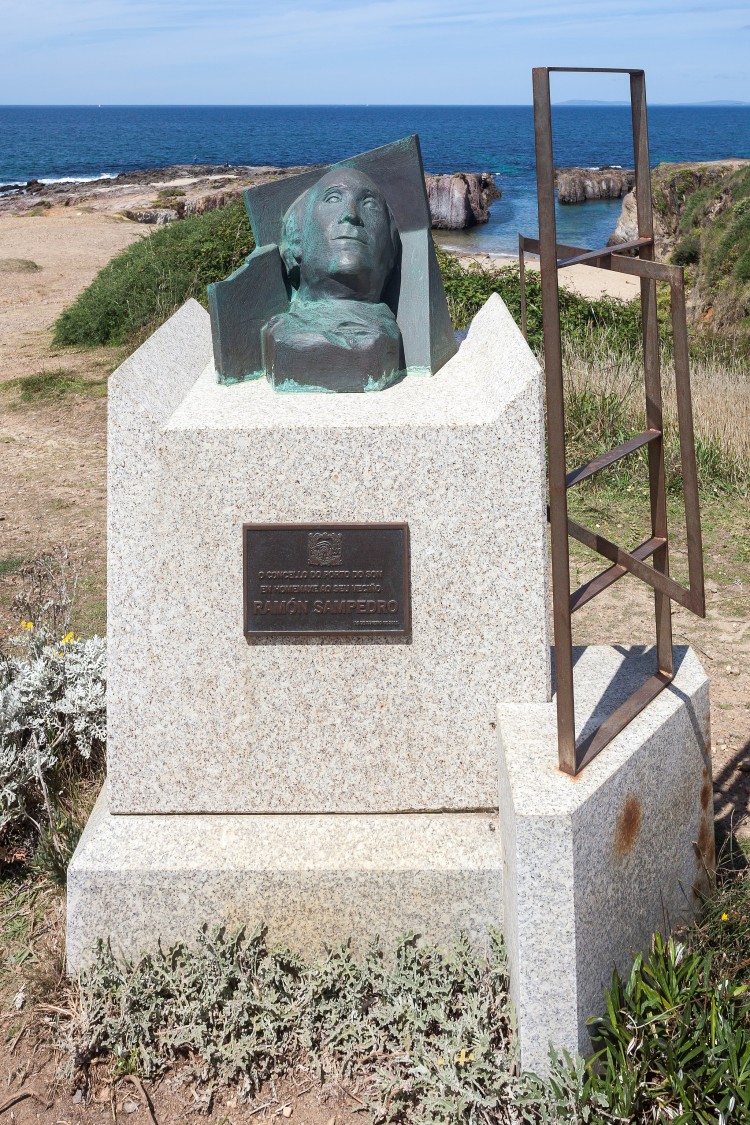
In memory of Ramón Sampedro by Nacho Costa Beiro, Praia das Furnas, Porto do Son, Galicia, Spain
In memory of Ramón Sampedro by Nacho Costa Beiro, Praia das Furnas, Porto do Son, Galicia, Spain
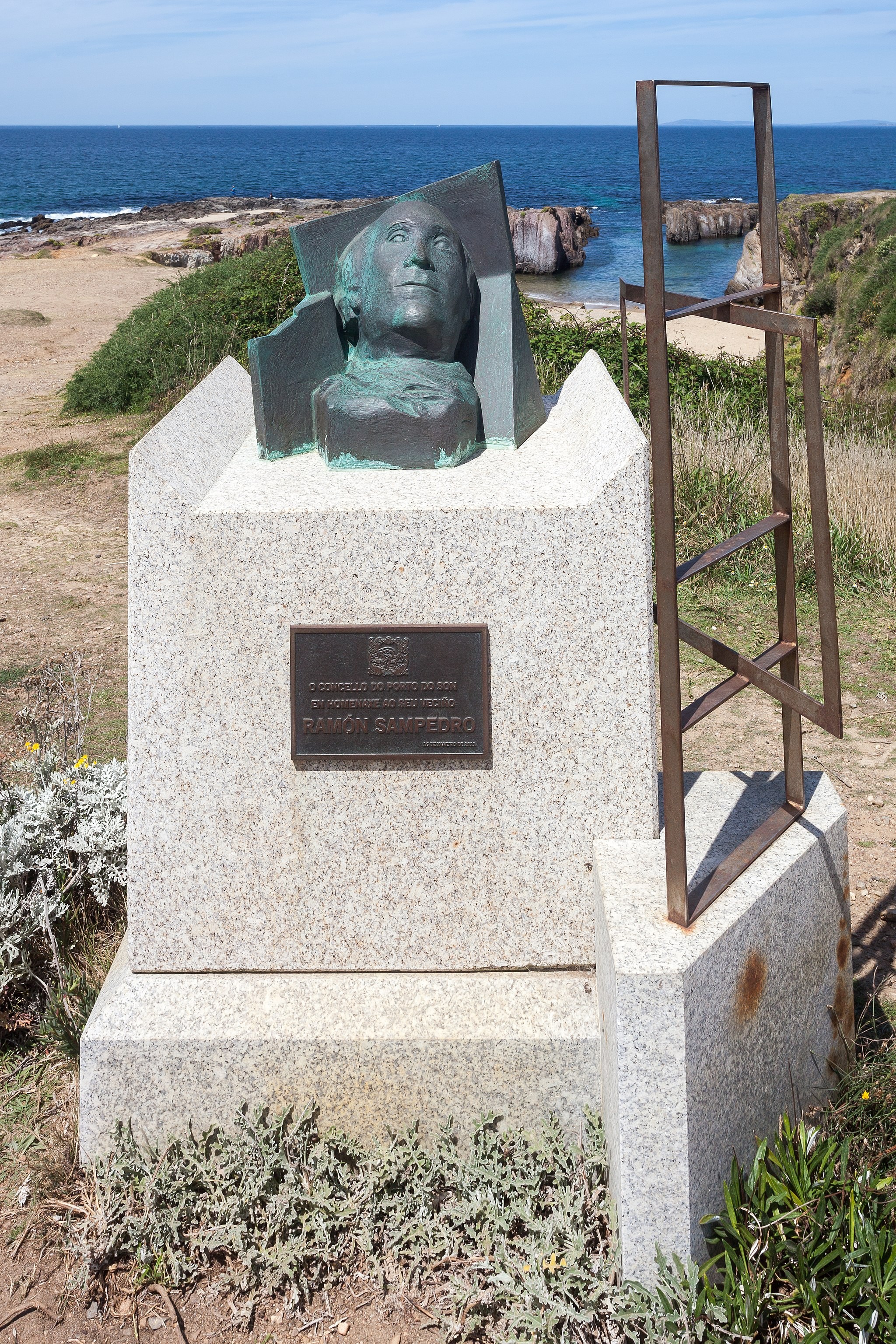
Documentary
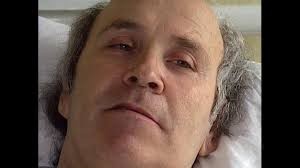
Laura Palmés, Especial informativo - Sampedro: morir para vivir (Madrid: RTVE)
Laura Palmés, Especial informativo - Sampedro: morir para vivir (Madrid: RTVE)
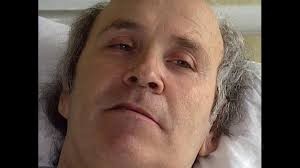
Related Archival Entries
'Tanner geht' by Wolfgang Prosinger

Wolfgang Prosinger
51-year-old Ulrich Tanner, who lived in Cologne, suffered from various incurable diseases and took his own life in Switzerland with the help of the organisation Dignitas. Journalist Wolfgang Prosinger accompanied and interviewed Tanner in his last months and wrote a book about his life and his decision to commit assisted suicide.
'Schlemm' by Nicola Bardola

Nicola Bardola
The elderly spouses Paul and Franca Salamun have decided to die together with the help of an assisted dying organisation. Paul suffers from bladder cancer, Franca is tired of living and does not want to stay behind without her husband. Although their son Luca can understand the decision, it is difficult for him to find a way to emotionally process her death.
'Ein Mann seiner Zeit' by Roswitha Quadflieg

Roswitha Quadflieg
Roswitha Quadflieg’s novel tells the story of Paul Gärtner who, in his mid-seventies and reliant on a wheelchair after battling cancer, records his life story and advocates for the right to access sodium pentobarbital for those seeking to end their lives on their own. The novel was received with praise from advocacy groups in Germany and Switzerland.
Guzaarish by Sanjay Leela Bhansaali
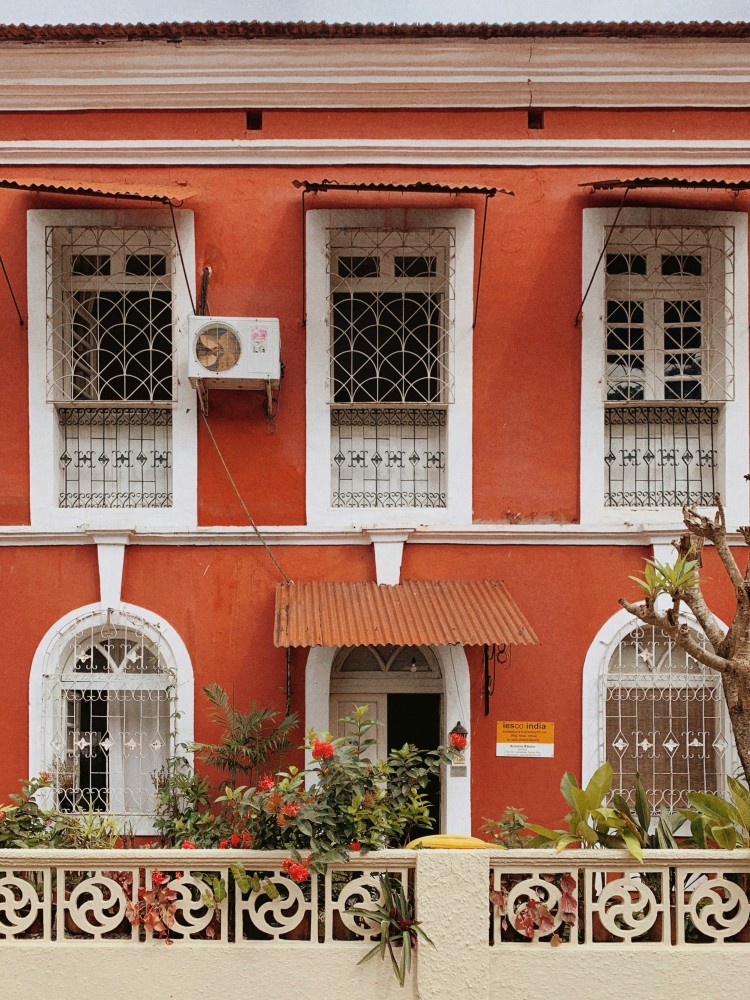
Sanjay Leela Bhansaali (Writer and Director)
‘Guzaarish’ is a Bollywood film about Ethan Mascarenhas, a quadriplegic radio jockey who faces legal and public pushback after petitioning for state-sanctioned euthanasia. Structured around a legal battle, ‘Guzaarish’ is a comedy, romance, drama, and a musical starring two of Bollywood’s biggest stars. The film introduced India’s cinema-going audience to assisted death.
'Cartas desde el infierno' by Ramón Sampedro
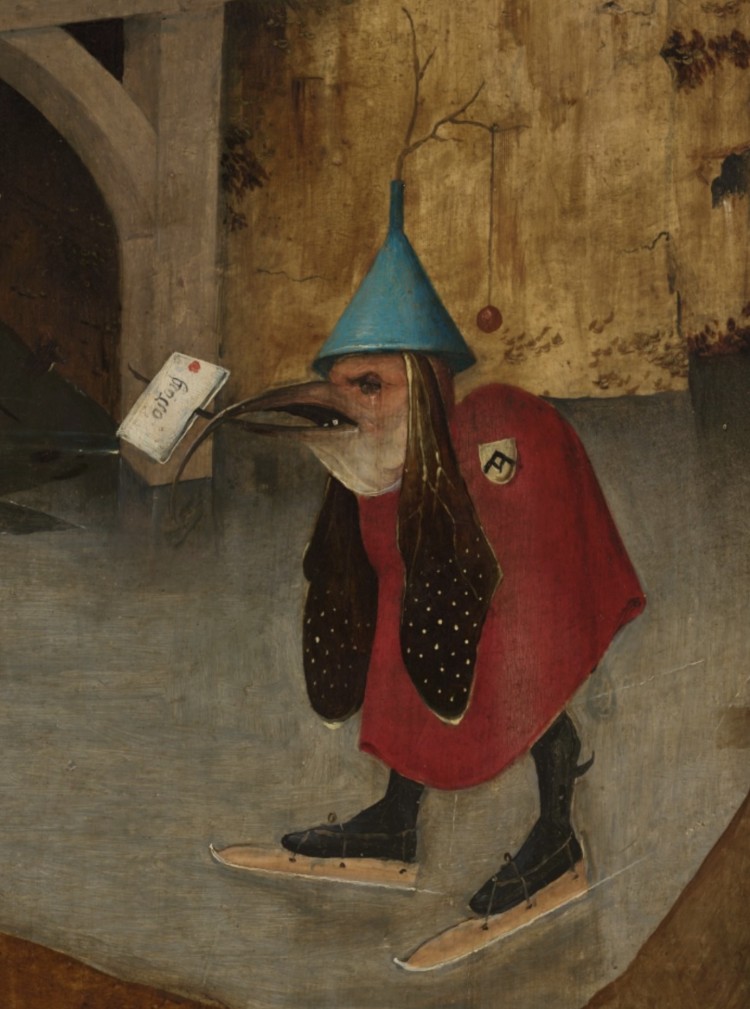
Ramón Sampedro
A collection of letters, poems, and essays, Ramón Sampedro’s ‘Cartas desde el infierno’ constitutes a philosophical treatise on the ethics of euthanasia. Written over decades – between the 1968 accident that left Sampedro tetraplegic and the 1996 first edition – the book became a landmark work on the right-to-die debate, influencing the 2021 legalization of assisted death in Spain.